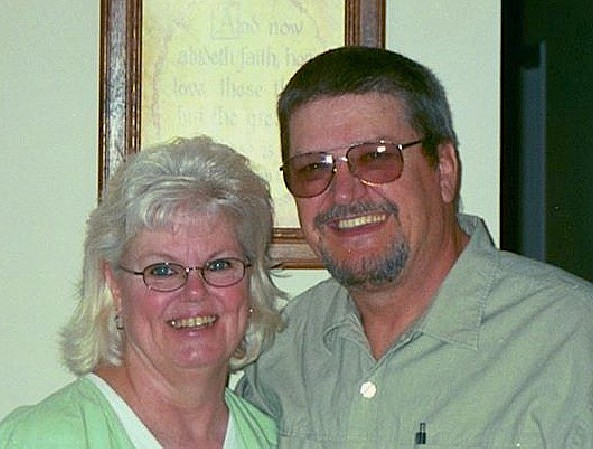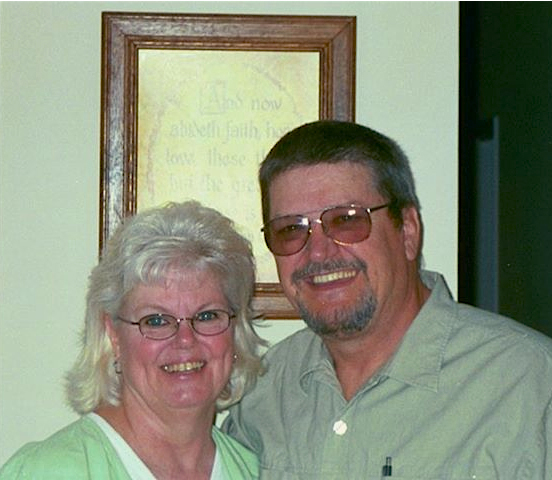A Chattanooga family backed by a state disability advocacy group has filed a discrimination lawsuit against Erlanger Health System claiming the hospital did not provide the husband and wife - both deaf - with a medical interpreter during crucial health procedures and for prolonged periods while they were patients at the hospital.
Harry Sheffield, who died last year, primarily used American Sign Language to communicate, as does his wife, Elizabeth.
During Harry Sheffield's three inpatient stays at Erlanger last summer, neither he nor his wife was provided with an interpreter for spans as long as three consecutive days, the federal lawsuit states.
Harry Sheffield was "unable to ask questions or express concerns" to Erlanger about his pain, symptoms, medical tests and treatment, the suit states.
When Elizabeth Sheffield was treated at Erlanger this year after a car accident, she consistently was not provided an interpreter during procedures or medical conversations, including before and after an MRI, the lawsuit alleges.
"It is inexcusable that Erlanger's failure to ensure effective communication made Harry's last few months of life even more traumatic for him and his loved ones," Sherry Wilds, senior disability rights attorney at the Disability Law and Advocacy Center of Tennessee, said in a statement.
Federal law requires hospitals to provide sign language interpreters for deaf patients and deaf companions when needed.
An Erlanger spokeswoman said Tuesday the lawsuit "has no merit whatsoever" and that the hospital "categorically denies any allegation of discriminatory practices."
"For decades, the Erlanger Health System has provided extensive interpreter and translator services to its patients," said spokeswoman Pat Charles. "Patients and family members needing language accommodations are provided with qualified interpreters, telephone-based interpreting services, and/or video remote interpreters, as needed."
However, the hospital's attempt to use "video remote interpreting machines," which links to outside interpreters, consistently stalled or would not connect online in both the Sheffields' cases, the lawsuit claims.
That meant that doctors and nurses relayed complex medical information by pen and paper, and that at times family members had to act as interpreters, the lawsuit says.
That's a role caregivers should not be obligated to play in "that kind of emotional situation where you're trying to offer support to a loved one," said Francisca Guzman, a spokeswoman with the Disability Law and Advocacy Center of Tennessee, which has taken on the Sheffield case.
Especially, Guzman said, when the family member has no background in medical interpreting.
Along with seeking compensatory damages, the lawsuit aims to have Erlanger "cease discriminating" against deaf patients by creating a better system for interpreters, and to develop a new nondiscrimination policy and procedures.
Contact staff writer Kate Harrison at 423-757-6673 or kharrison@timesfreepress.com.

